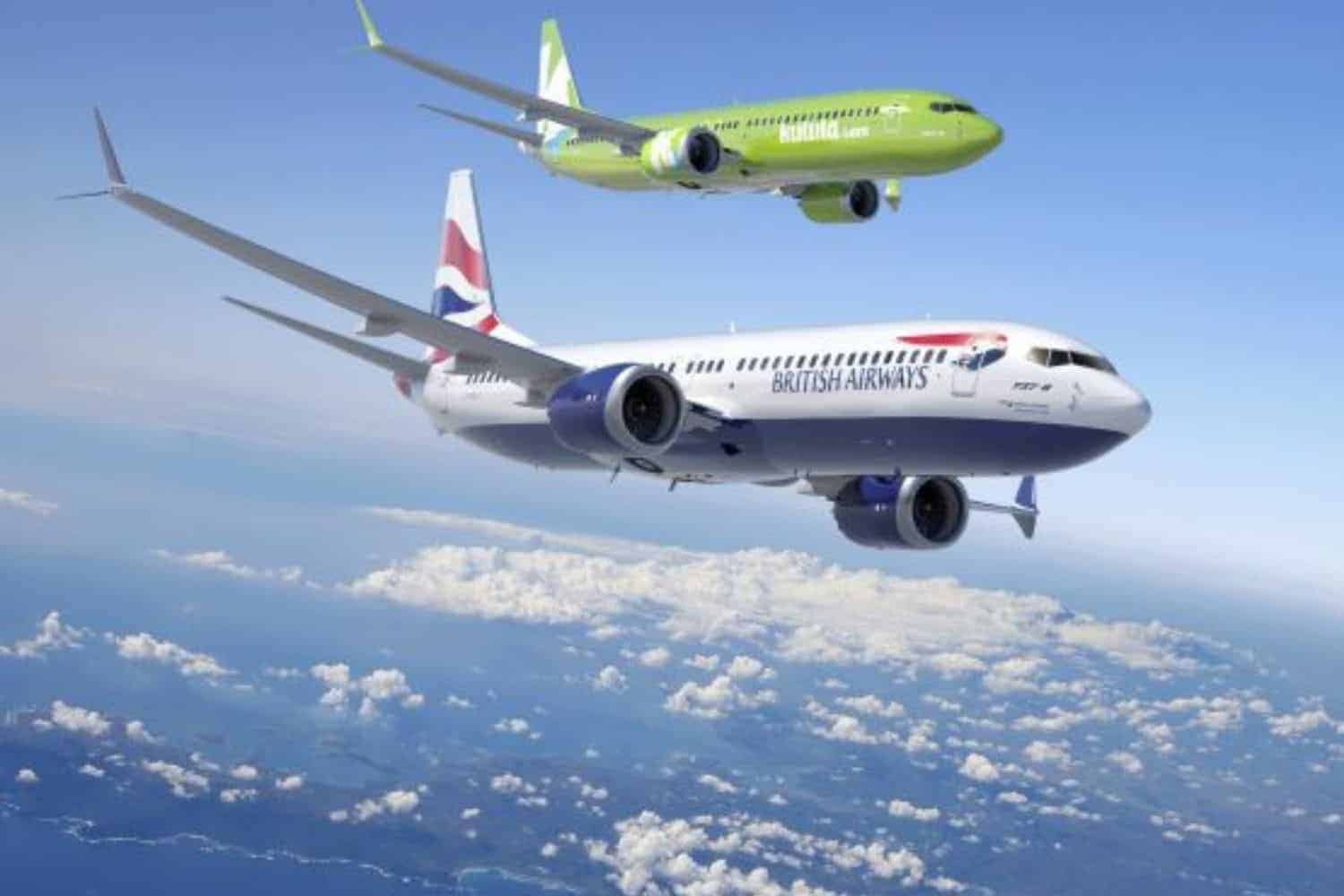Vaccine hesitancy may hamper tourism industry’s recovery
Sean Bradley, chief business development officer for major travel group Travelwings, feels that more needs to be done from a communication perspective where leading experts share facts and address fears.

Picture: Supplied
Vaccinations are the only way for the South African tourism industry to recover from the Covid spiral – but the danger is foreign tourists will avoid SA because the jab rate is so low and hesitancy is so high.
The maths is simple. Vaccinated and sanitised environments are the only ways to bring back tourists – both local and foreign. The numbers are staggering.
The African tourism industry may lose around $250 billion (about R3.5 trillion) this year as a direct result of Covid and in South Africa the picture remains just as bleak with arrival numbers dropping by more than 72% last year, according to Stats SA.
In turn, this translates to thousands of job losses and billions in lost revenue. In 2018 the tourism sector employed 4.5% of working South Africans and contributed 3% to our GDP.
Sean Bradley, chief business development officer for major travel group Travelwings, believes vaccine hesitancy may stand in the way, though.
“The economic impact as a result of the pandemic and the lockdown restrictions has affected many livelihoods. Why then is there such resistance to the vaccines when it can help support the rebuilding of tourism, a key driver for trade?” he said.
He feels that more needs to be done from a communication perspective where leading experts share facts and address fears.
A level of comfort begins at the frontline of the travel experience. Several airlines in the United States, Canada and Britain have made vaccination mandatory, with staff at risk of forfeiting employment if they don’t comply.
United Airlines, with 67 000 staff, was the first major stateside carrier to do so last month. Australia’s Qantas recently announced similar expectations.
In South Africa, airlines have not yet made staff vaccinations mandatory. Local budget airline Mango’s Benediction Zubane said that “at this point risk analysis is under way to determine any necessity in this [vaccination] regard.
Age, comorbidity considerations and so on are likely to be unpacked before operational restart.
“We have started tracking the vaccination status of employees on a voluntary capacity and have been pleasantly surprised by employee openness in this regard.
“We do feel that over and above personal protection equipment and sanitary protections, vaccination forms another layer of protection for all, especially as a public-facing industry.”
Industry chatter points to a Mango restart before the festive season.
FlySafair’s Kirby Gordon said the carrier will continue to take direction from authorities, but the airline is encouraging staff to get vaccinated and “doing what we can to make getting a vaccine as easy as possible for our teams”.
“Our people understand the benefits broad vaccination brings and are generally eager to get their jabs.”
A spokesperson for Lift airline said: “The safety of passengers and staff is a top priority. We continue to follow Covid protocols both on the ground and in the air.
“Ensuring our country is fully vaccinated will benefit the tourism sector and the economy as it will unlock travel between South Africa and the rest of the world.
“We are in the process of getting all our staff vaccinated and this process will consider employees’ health, religious and other legal rights and seek to balance these with the rights of all our staff and the traveling public.”
Kulula and British Airways parent Comair simply said that “Comair will follow government regulation and policy regarding vaccinations”.
Presently, getting the jab is voluntary. Economist Dawie Roodt said: “The correct approach is to educate people and try to convince them to vaccinate voluntarily. If they do not want to get vaccinated, then try to deploy them where they are not client facing.”
Bradley added: “Airlines and the travel sector as a whole face a more complicated return to normal than most industries, having to navigate the complexities of creating a safe environment for passengers and staff while navigating a patchwork of different regulations and pandemic situations across various borders.
“As South Africans, we value the rights afforded to us by the constitution. But we should take heed of its limitations in the context of furthering the public good, as with the pandemic.”
Airlink chief executive Rodger Foster said: “Vaccinations are important for minimising the potential for hospitalisation if infected with Covid and we encourage everyone, including our staff, our customers and our service providers to get vaccinated.
“However, the vaccinations are not immunisations, neither are they a legal requirement for entry into a public space, although we anticipate they will be at some point in future.”
– news@citizen.co.za
For more news your way
Download our app and read this and other great stories on the move. Available for Android and iOS.









